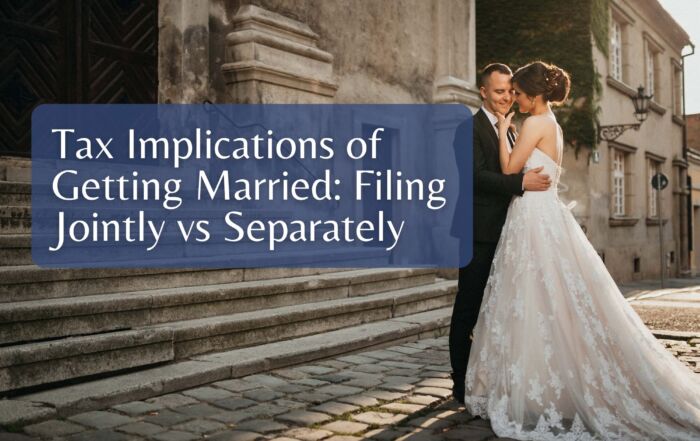Donor advised fund explained

You may believe that in order to have your own family charitable fund you need to have a last name like Gates or Rockefeller. This is not the case at all. In the United States, over $390 billion is given each year for religious, education, human services, health, arts and other causes that donors are passionate about. Most of these donations are given directly by individuals, but with higher standard deductions, a stronger US economy and families looking to leave a legacy, a new process in giving is taking hold – the donor advised fund.
A donor advised fund is a charitable investment account that provides a simple, flexible and efficient way to manage your charitable giving. Contributions to the account are immediately tax deductible, the funds are invested and grants can be created to fund other 501(c)(3) organizations, all directed by the family. There is usually a minimum of $10,000 to open a fund. Cash contributions, stock transfers, life insurance and real estate can be contributed to the fund and are also tax deductible.
Tax Benefit
The main purpose for a donor advised fund is the tax deduction that the donor receives. If there has been a liquidity event and you want to make a donation to reduce your tax burden, but you have not picked out an organization to donate to, or maybe you are not comfortable with donating all at once. Setting up a donor advised fund allows you to take an immediate tax deduction while deferring the actual gift until a later date.
Another advantage for donating is to place highly appreciated assets, that would be hit with capital gains tax if sold, into the donor advised fund instead. You get the market value tax deduction and the sale of the asset is not taxed.
Legacy
If you are interested in building a donation to leave once you are gone, a donor advised fund may be right for you. Using the donor advised fund, you can invest the proceeds to build for a gift into the future.
Families members can contribute throughout the year to the fund. This gives the family a sense of purpose, involves children in the giving process and works much like a family mission statement, as the family works together toward a common cause.
Go Build It
There are many companies offering donor advised funds. A custodian such as TD Ameritrade, Fidelity or Charles Schwab will hold the funds and the 501(c)(3) is managed by companies such as the American Endowment Foundation, AEF. Normal fund fees apply plus an administrative fee charged by AEF and similar companies.
If you would like more information about donor advised funds, please reach out to us at education@wiserinvestor.com.
Posted January 20, 2020
Share This Story, Choose Your Platform!
Wiser Wealth Management, Inc (“Wiser Wealth”) is a registered investment adviser with the U.S. Securities and Exchange Commission (SEC). As a registered investment adviser, Wiser Wealth and its employees are subject to various rules, filings, and requirements. You can visit the SEC’s website here to obtain further information on our firm or investment adviser’s registration.
Wiser Wealth’s website provides general information regarding our business along with access to additional investment related information, various financial calculators, and external / third party links. Material presented on this website is believed to be from reliable sources and is meant for informational purposes only. Wiser Wealth does not endorse or accept responsibility for the content of any third-party website and is not affiliated with any third-party website or social media page. Wiser Wealth does not expressly or implicitly adopt or endorse any of the expressions, opinions or content posted by third party websites or on social media pages. While Wiser Wealth uses reasonable efforts to obtain information from sources it believes to be reliable, we make no representation that the information or opinions contained in our publications are accurate, reliable, or complete.
To the extent that you utilize any financial calculators or links in our website, you acknowledge and understand that the information provided to you should not be construed as personal investment advice from Wiser Wealth or any of its investment professionals. Advice provided by Wiser Wealth is given only within the context of our contractual agreement with the client. Wiser Wealth does not offer legal, accounting or tax advice. Consult your own attorney, accountant, and other professionals for these services.





